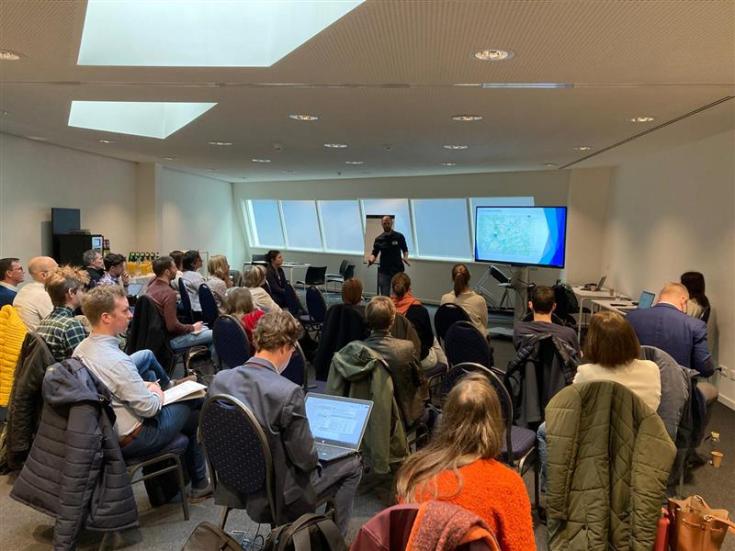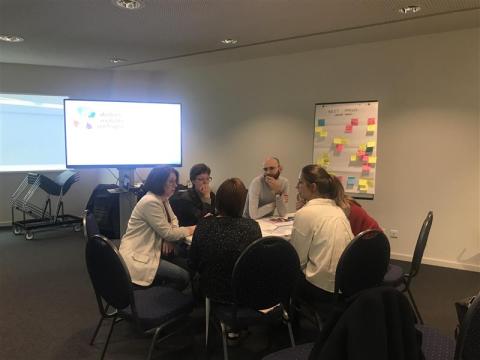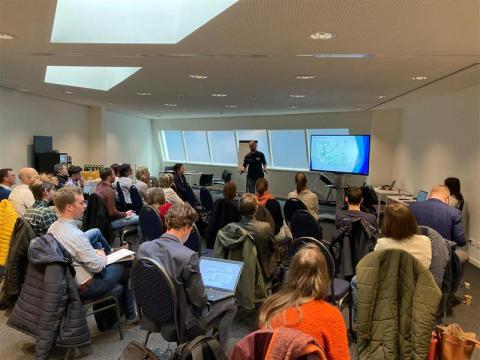Shaping Walloon Shared Mobility: Engaging Bike Stakeholders
Continuing on the dynamics of the Open Forum Methodology event on 16 October 2023, the Public and Shared Transport Authority (AOT) of Wallonia organized a "shared mobility workshops" dedicated to bikesharing on 19/04 in Mons, bringing together all the stakeholders including mobility advisers, local councillors, operators, mobility experts and associations.
One edition of a bikesharing workshop had already taken place in November 2022. It aimed to involve the ecosystem in the construction of the legal framework linked to Free-Floating Bikesharing regulation. This framework implies a role for the Region and a role for municipalities. The Region must give licenses to operators without which they cannot deploy their services in Wallonia. This licence is granted based on a series of criteria such as technical characteristics of vehicles, tools for promoting road safety, durability, data sharing etc. The municipalities decide on operating conditions for their territory such as parking zones, fleet size, schedule, operating zone, etc.
Those laws have been in force since the end of 2023 and three operators have received their licenses and are active in Wallonia.
The first part of the workshop in spring 2024 was devoted to taking stock of its implementation. The municipalities were able to describe their operating conditions and explain the challenges they were encountering in this process. The operators were also able to give an update on the procedure for obtaining a licence and the impact of this legal framework on their services in Wallonia. It was an enriching opportunity to share best practices for mutual inspiration and to ensure that the legal framework of Free-Floating Bikesharing stay consistent with the realities of stakeholders.
The second part of the 19/04 workshop was devoted to providing input for the bikesharing theme of the action plan for shared mobility. Wallonia already has a pedestrian action plan and a cycling action plan and also wants to develop a shared mobility action plan on the same basis. The participants were divided into four groups corresponding to the chapters of the plan: communication, services, governance, and infrastructures. The participants first brainstormed and defined a set of short actions on post-its. In total, more than a hundred action ideas were defined. Then, those that interested the most participants were developed in detailed sheets pre-written on the action plan model. Around fifteen actions were thus able to be developed in detail in each group. From this activity emerged concrete inputs that will feed the plan.
Unlike the public service obligations for collective mobility, which are fulfilled by two public operators (SNCB and TEC), the shared mobility solutions call on a multitude of players to put them into practice (private operators supplying mobility solutions, equipment, software; public operators; regional public services local authorities; associations). A good understanding of this reality is essential if the regional strategy is to be implemented through an action plan. With this in mind, the AOT makes a point of maintaining a dynamic of co-construction through these shared mobility workshops.


